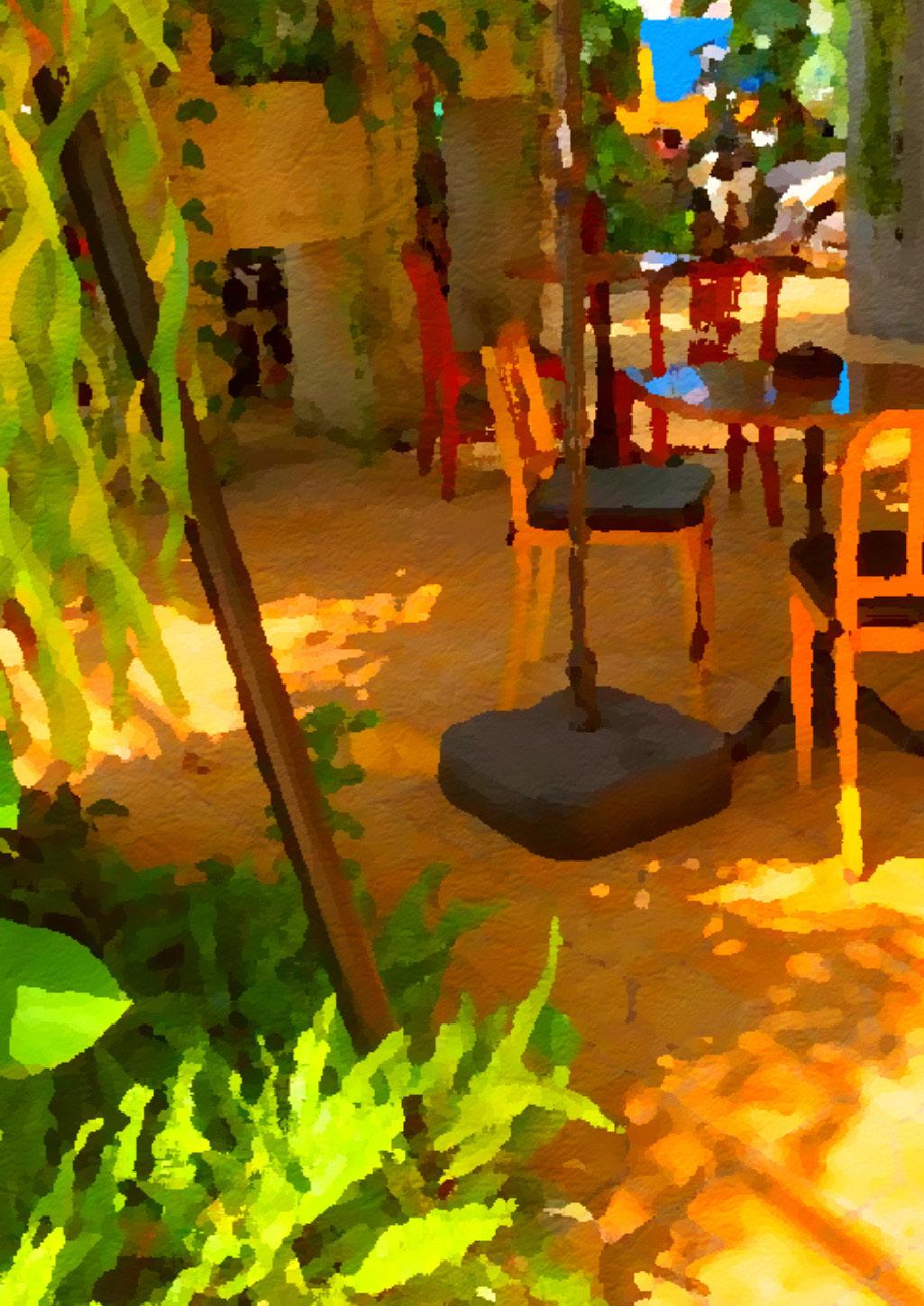ISSUE TWO 2022/2023


While reading, relax with our on theme


Spotify playlist!



While reading, relax with our on theme


Spotify playlist!
Second semester has started and with the winter break just a few weeks ago, many of you might have gone home or some may have stayed here. With everyone coming from different backgrounds, perhaps some of us have felt the pull towards home again. Missing your home town or the city you grew up in. Moving away from home, we had to find our way through this new experience. This new life we have. And in doing so, we’ve had to make connnections with new people along the way. What does home mean to you? Do you think of the skyscrapers that surround your view, the buildings from your town, the market you go to? Or is it the people you meet along the way?
This issue is not only about where you came from, but also where you are now. It is about how we got here. Where all roads lead to. You decide which path to take.
Enjoy reading our second issue!
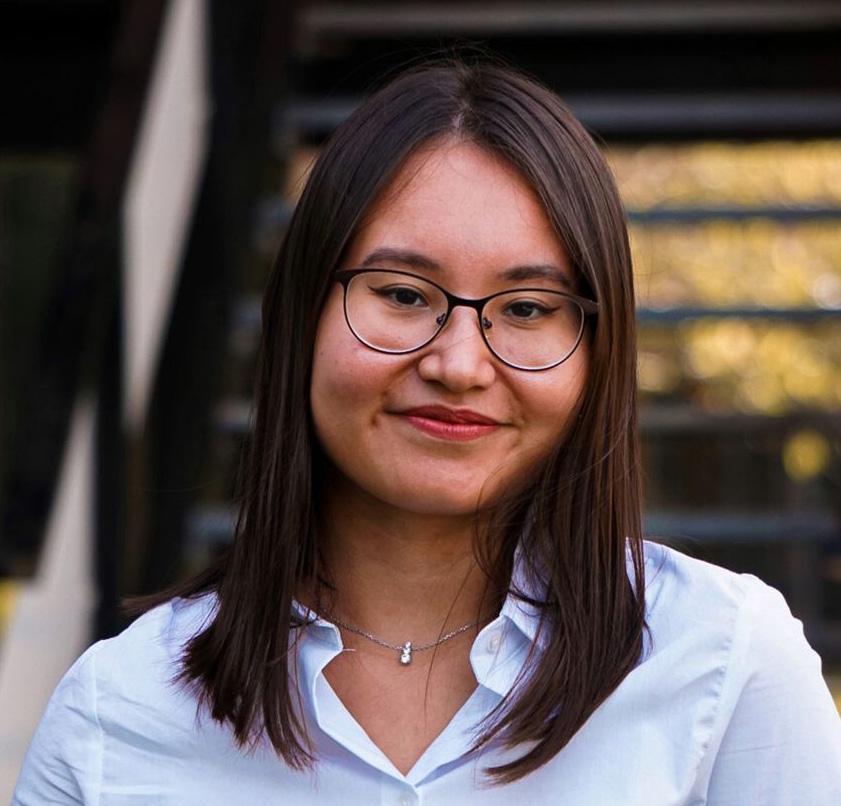 Monique van Daalen
Monique van Daalen
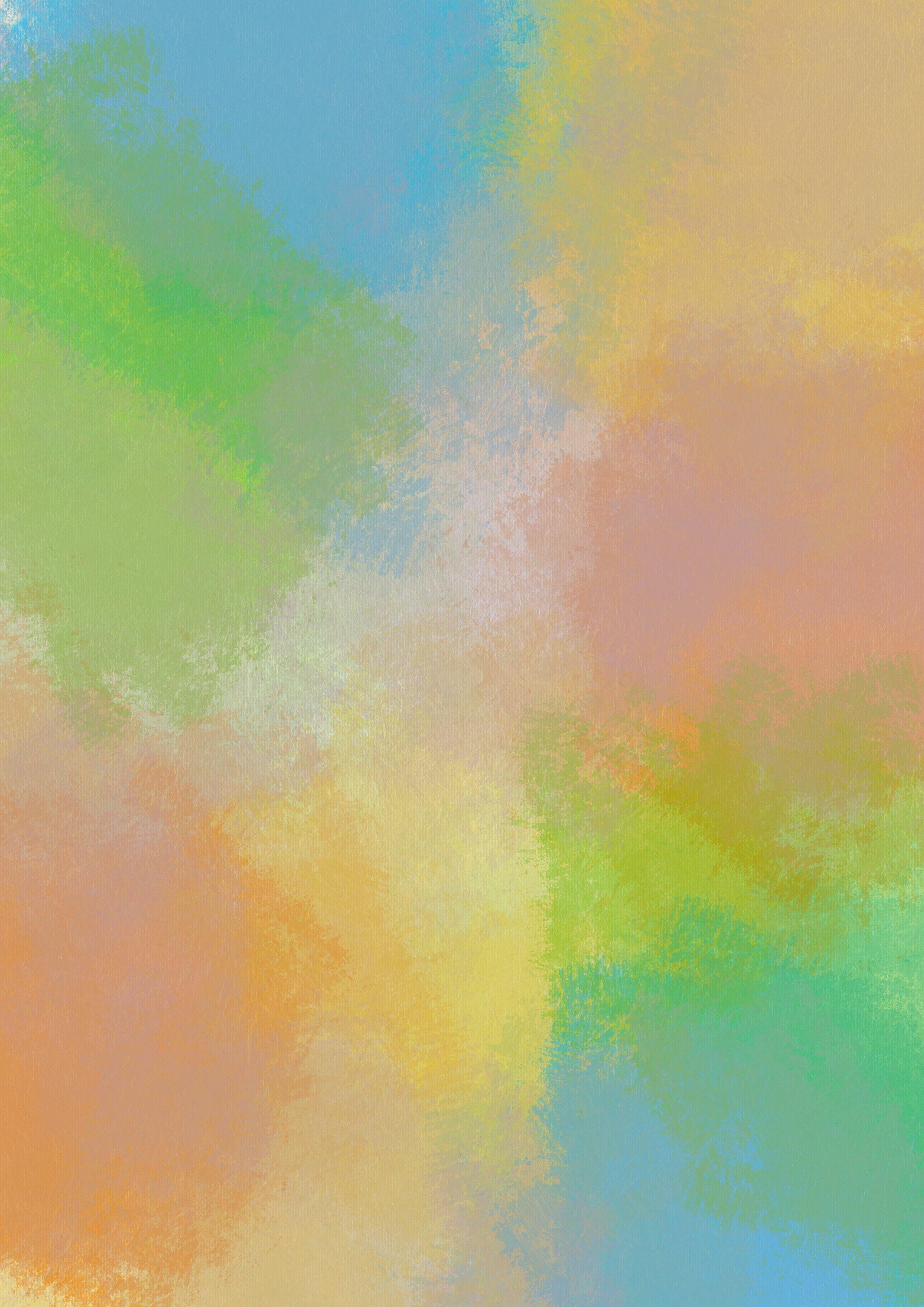
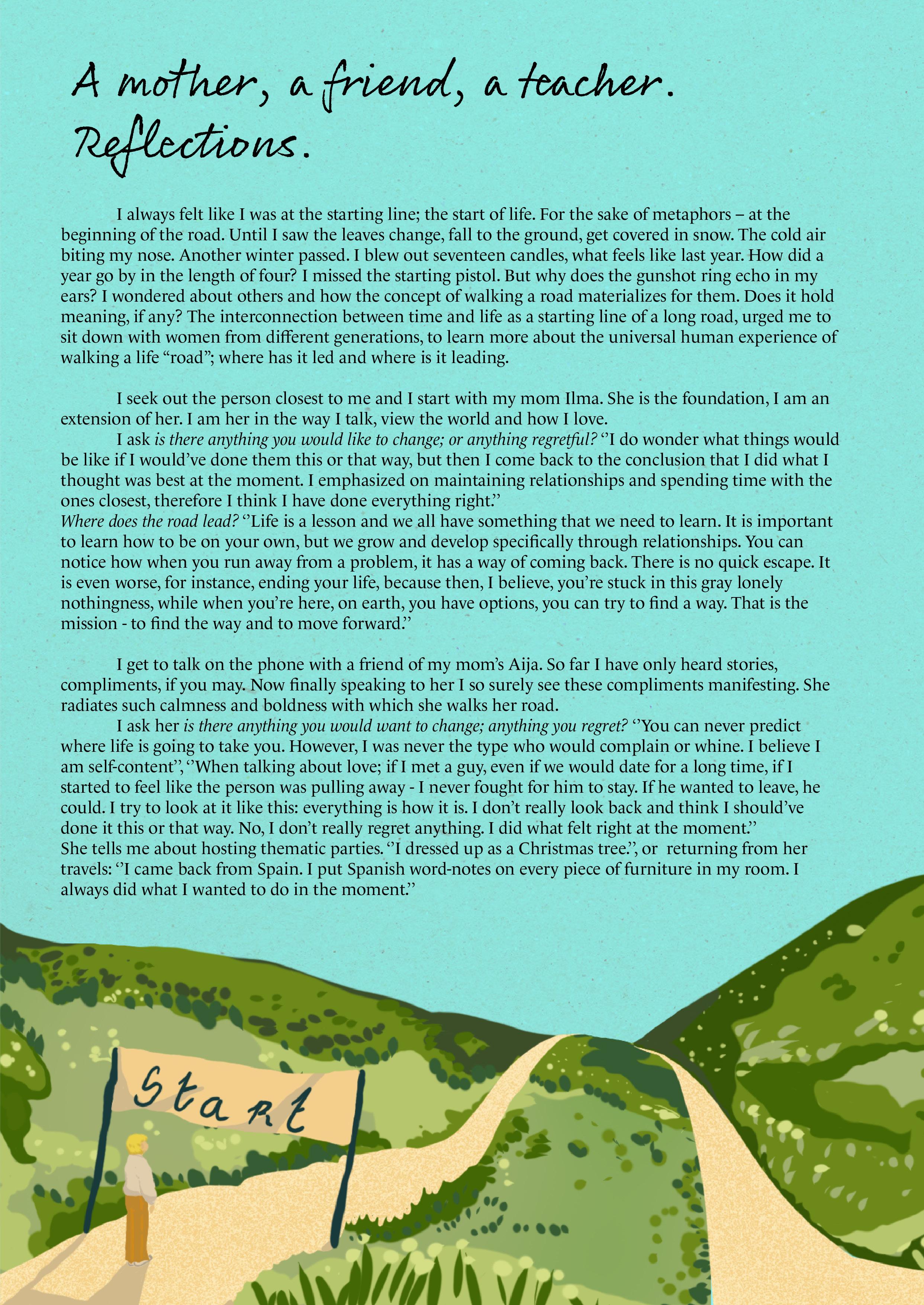
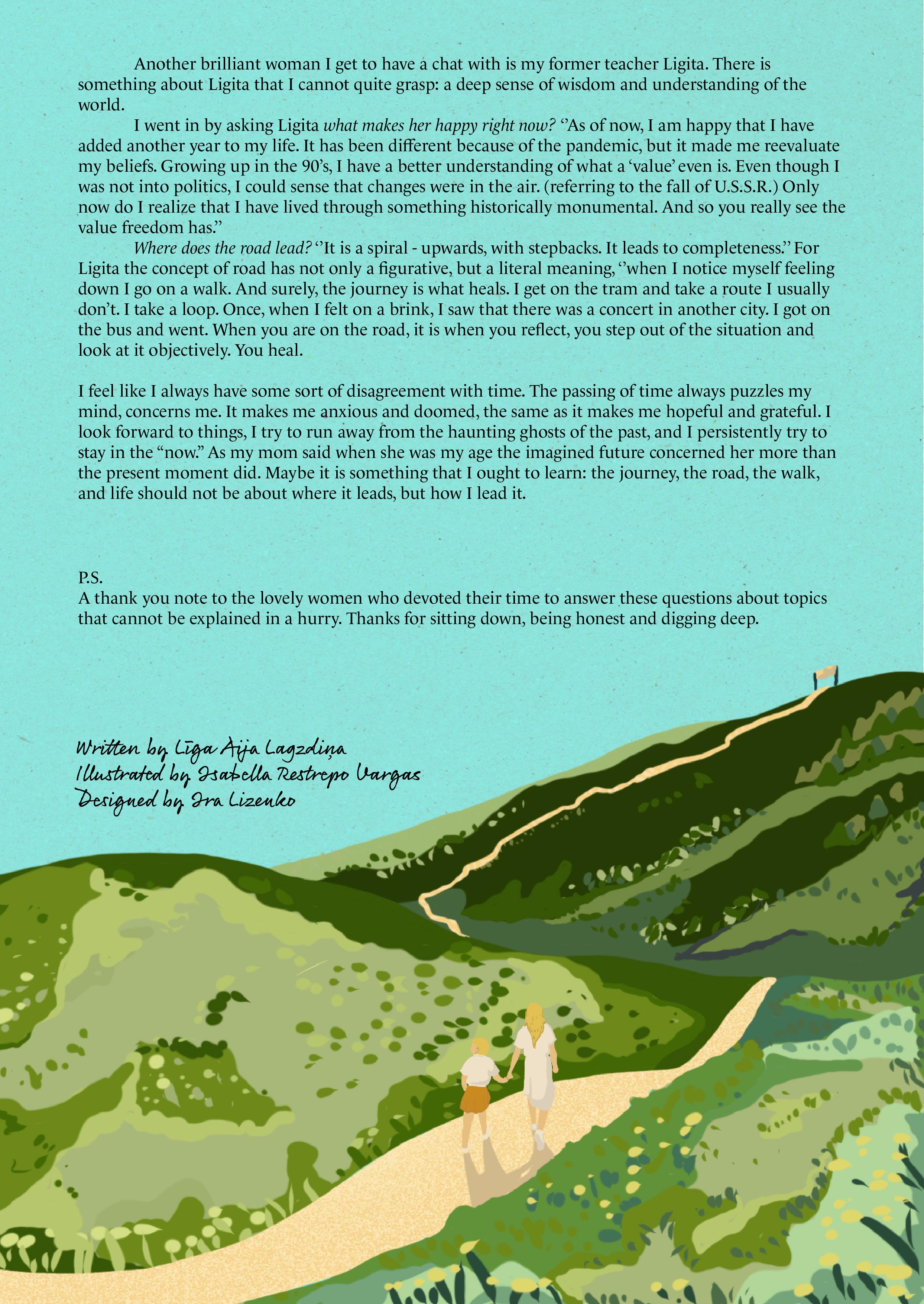
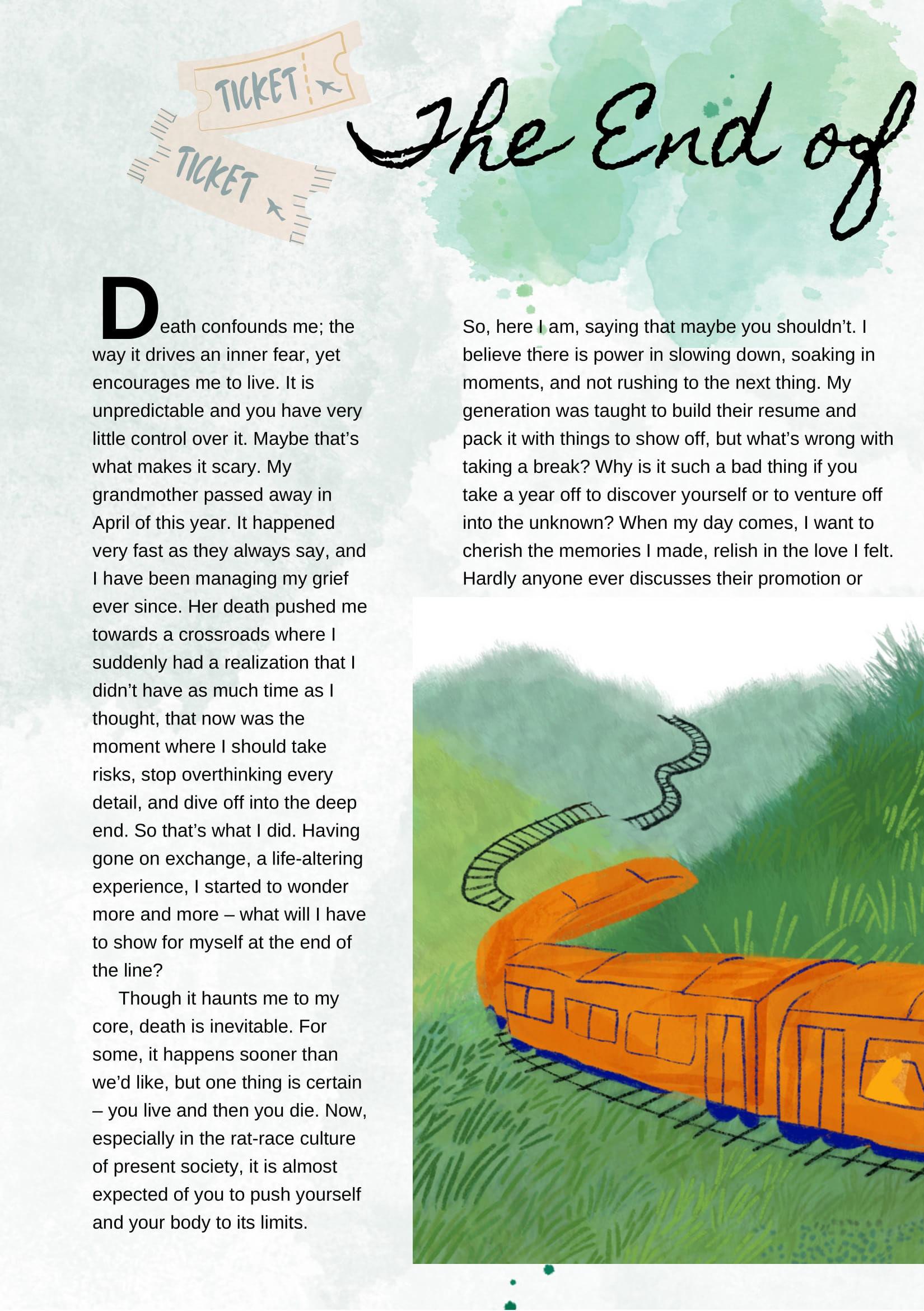
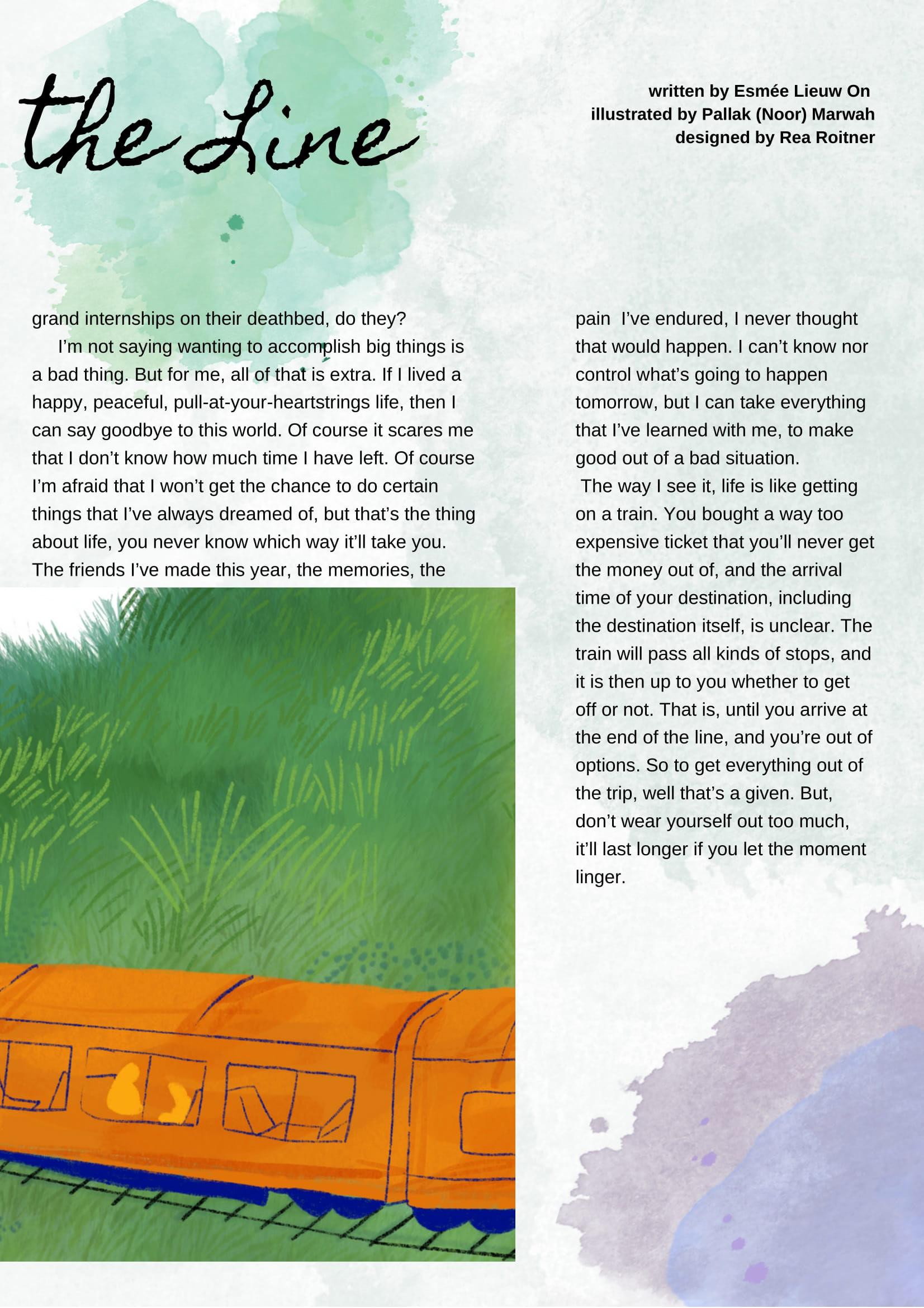
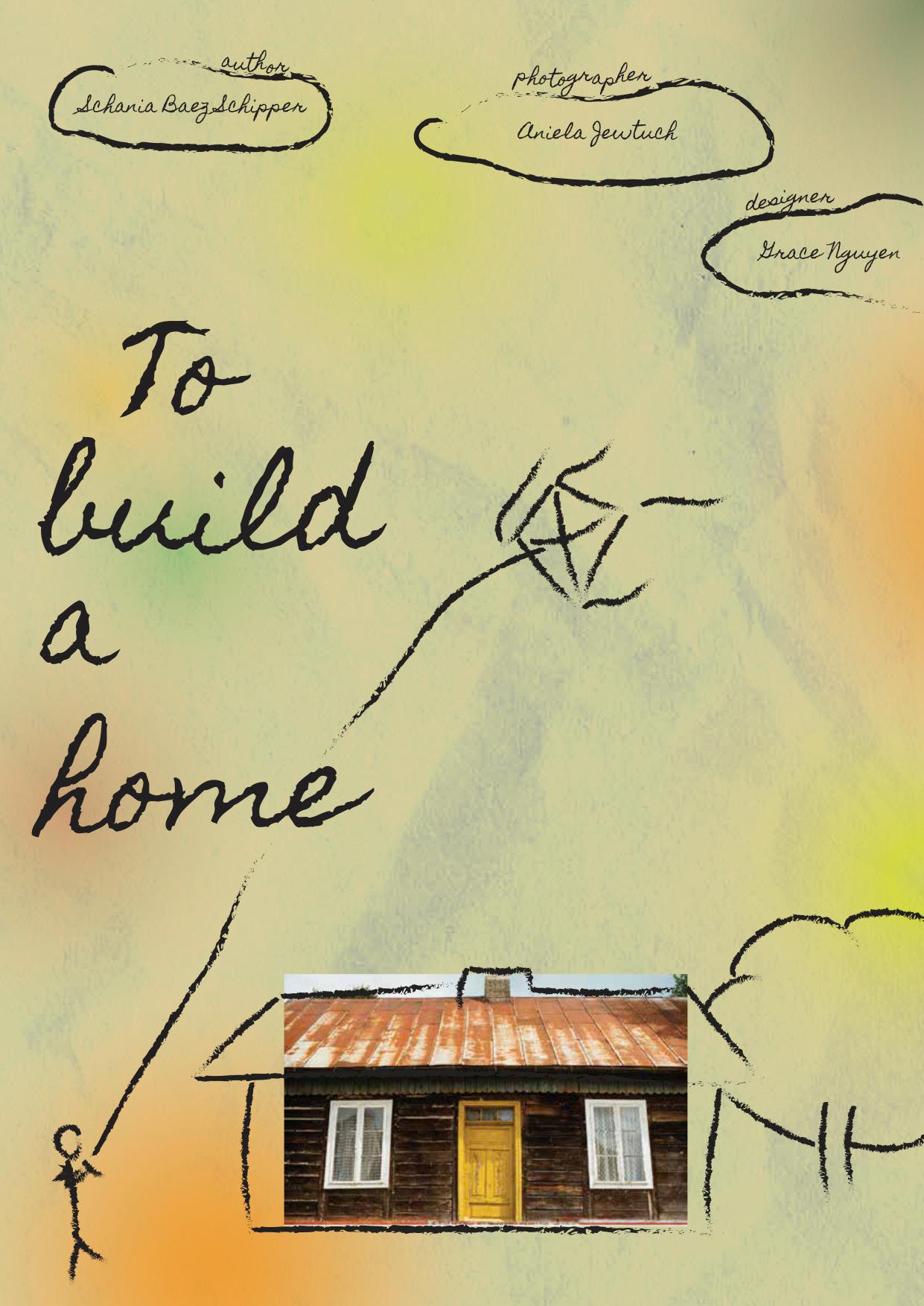
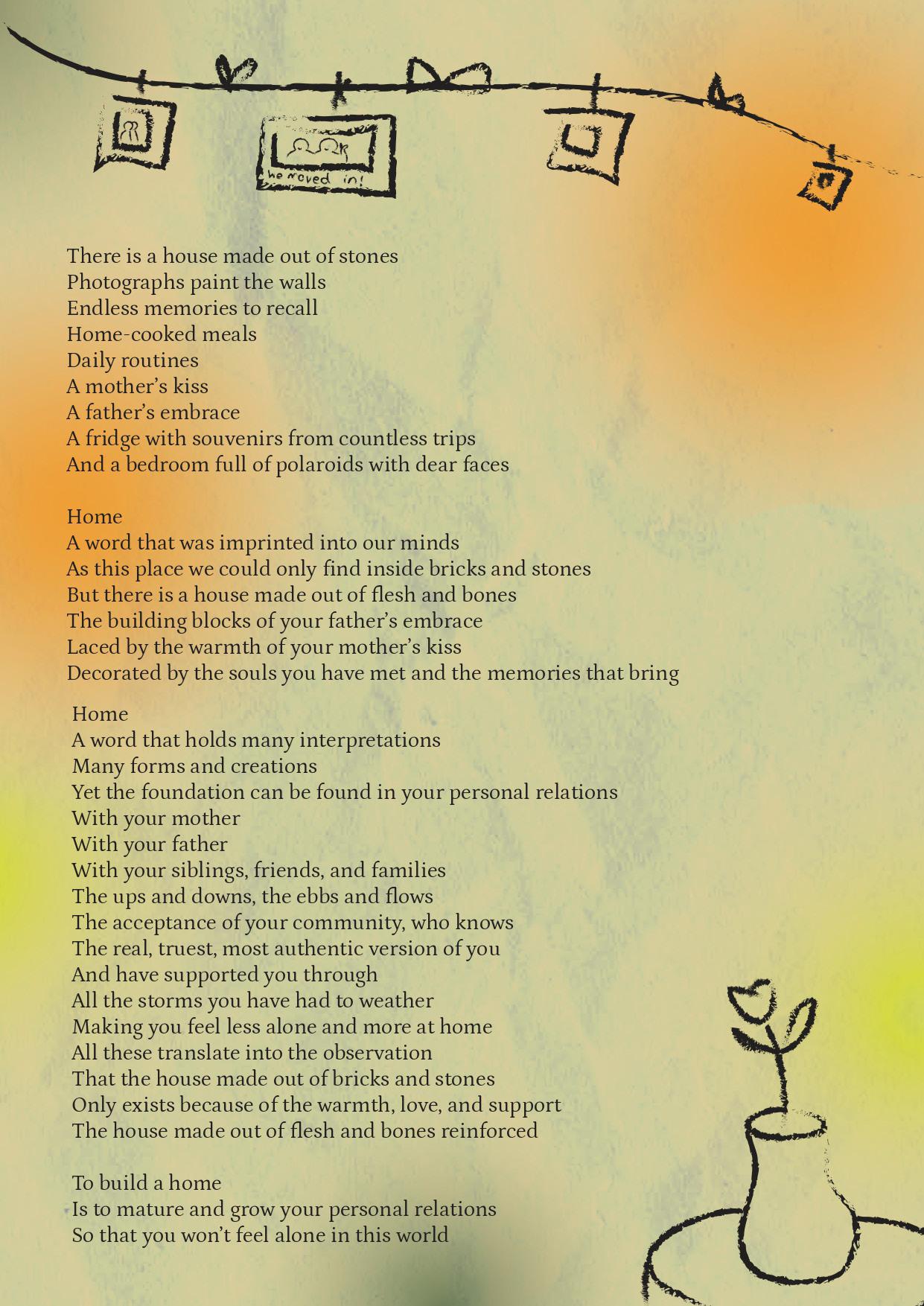
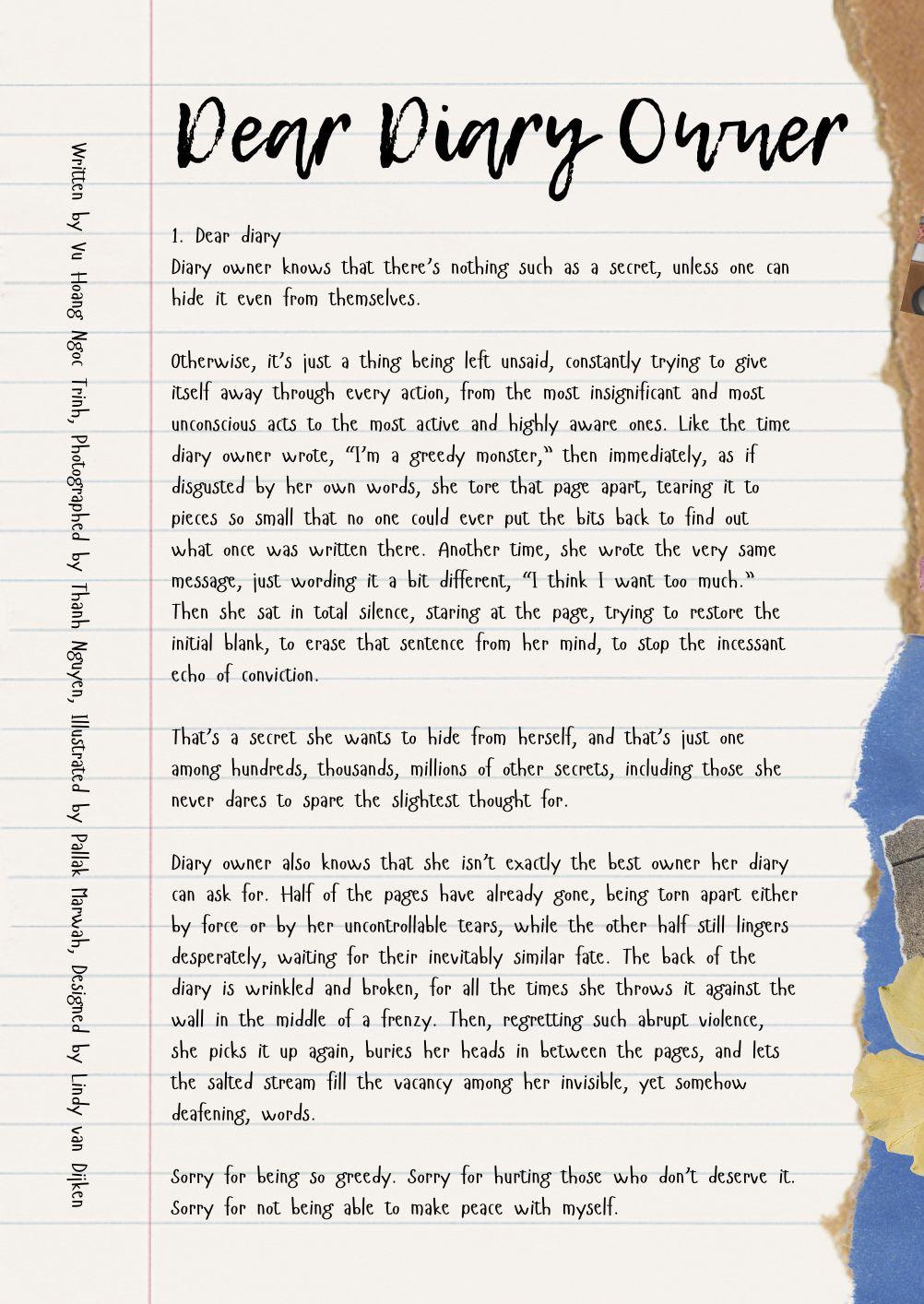
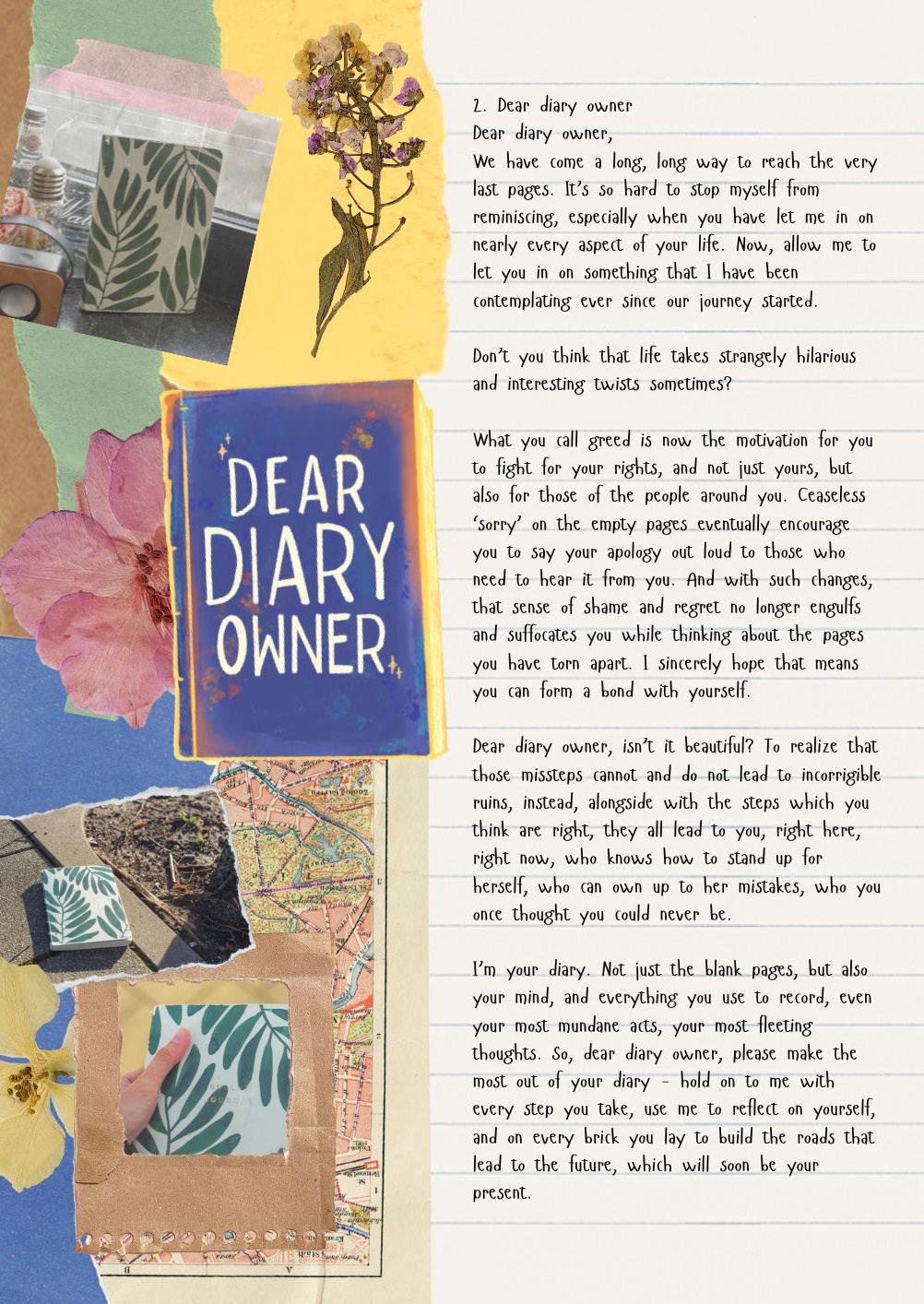
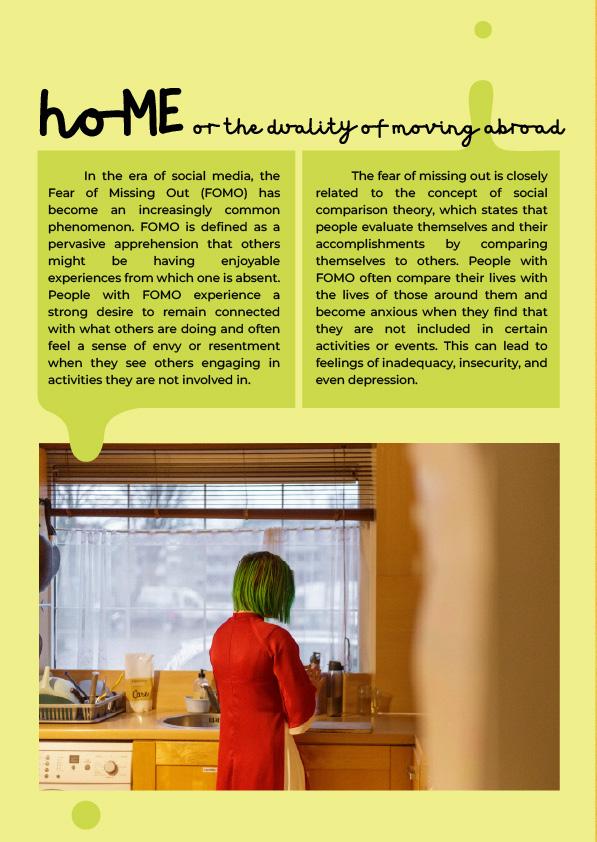
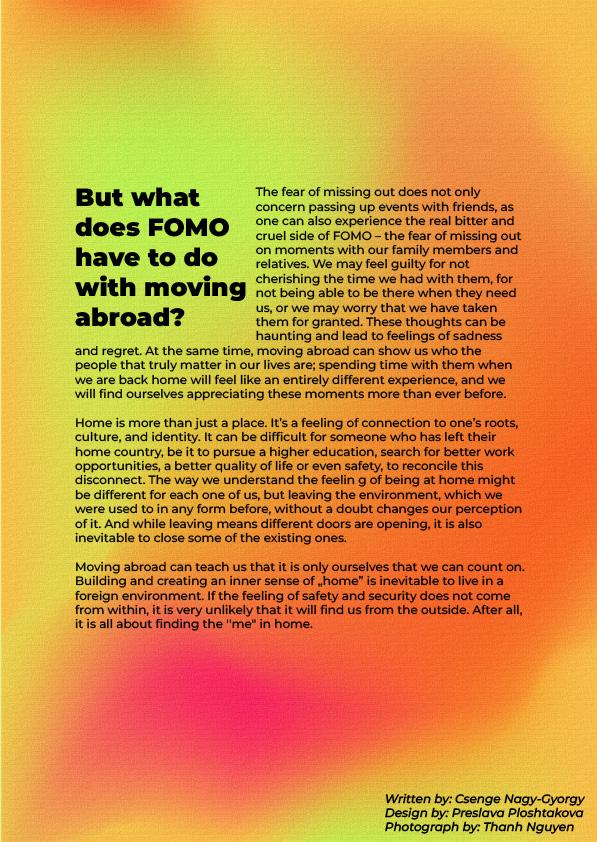
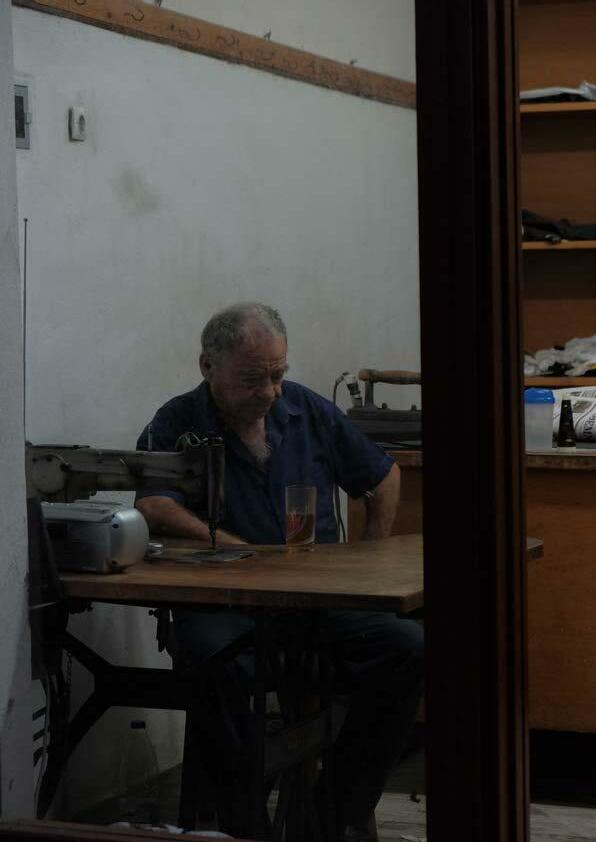
Don’t panic. Don’t panic. Don’t panic.
I may think about the past a little too much. I can’t help it sometimes. I start to wonder why I act the way I act, why I say the things I say. Maybe I’m looking for an explanation in the past, because I can’t find one in the present.
Is that person looking at me? Do I have something on my face? Am I walking funny?
I like to sometimes make a rundown of impactful people in my life. I don’t talk to some of them anymore, but their imprint stays. I haven’t seen that guy in 3 years, but I think I still talk like him sometimes. It’s funny, actually. There’s people I have no idea where they are. I don’t know if they still joke about that one incident, they may not even have the same hair color as they did back then. And I’m 99% sure no one from my middle school friend group keeps in touch. It would’ve been nice if we did.
Did I leave the stove on?
Photography by Aniela JewtuchI have no idea when I turned 20. Feels like the past 10 years happened in 10 seconds. So many people have stepped in and out of these years, so many milestones have happened. So many things have changed.
And so many will keep on changing.
My shirt fits weird. Why doesn’t it stay the way I planned it to stay?
But most things don’t. They shouldn’t. Isn’t it funny how we perceive one thing as something entirely different then it actually is?
Aren’t you glad you didn’t end up with what you thought you wanted?
We change, we develop, we grow. I thought I’d be so broken if some things didn’t work out.
And they didn’t. And I don’t think I’m that sad about it.
If you would’ve told me a year ago I would’ve been in the place I am now, I probably wouldn’t have believed you. There’s a big chance I would’ve told you it was never going to happen.
I probably wouldn’t have believed you even two months ago.
Time moves in a funny way.
When did I start living alone?
When did I start applying for jobs?
When did I get this mature?
Time slips out of our fingers in a matter of seconds. I don’t know if I’ll still be talking to my best friend next year. I don’t know if I’ll still listen to that band when I’m 25, and I don’t know if I’ll still live in the same place by the time I graduate.

But if I don’t, I’ll cherish every moment spent there. I’ll be happy to have shared all the moments I’ve shared with temporary people, and I’ll look back glad to have spent my time that way. And even more glad that I don’t spend it like that anymore.
I don’t think we realize how far we’ve come if we don’t look back. I don’t think we understand how different, how better we’ve gotten, if we don’t remember where we used to be.
It may not have been that far, but it was still somewhere else. And now, it’s somewhere better. Even if you may not see it now, you will. Give it a little time.
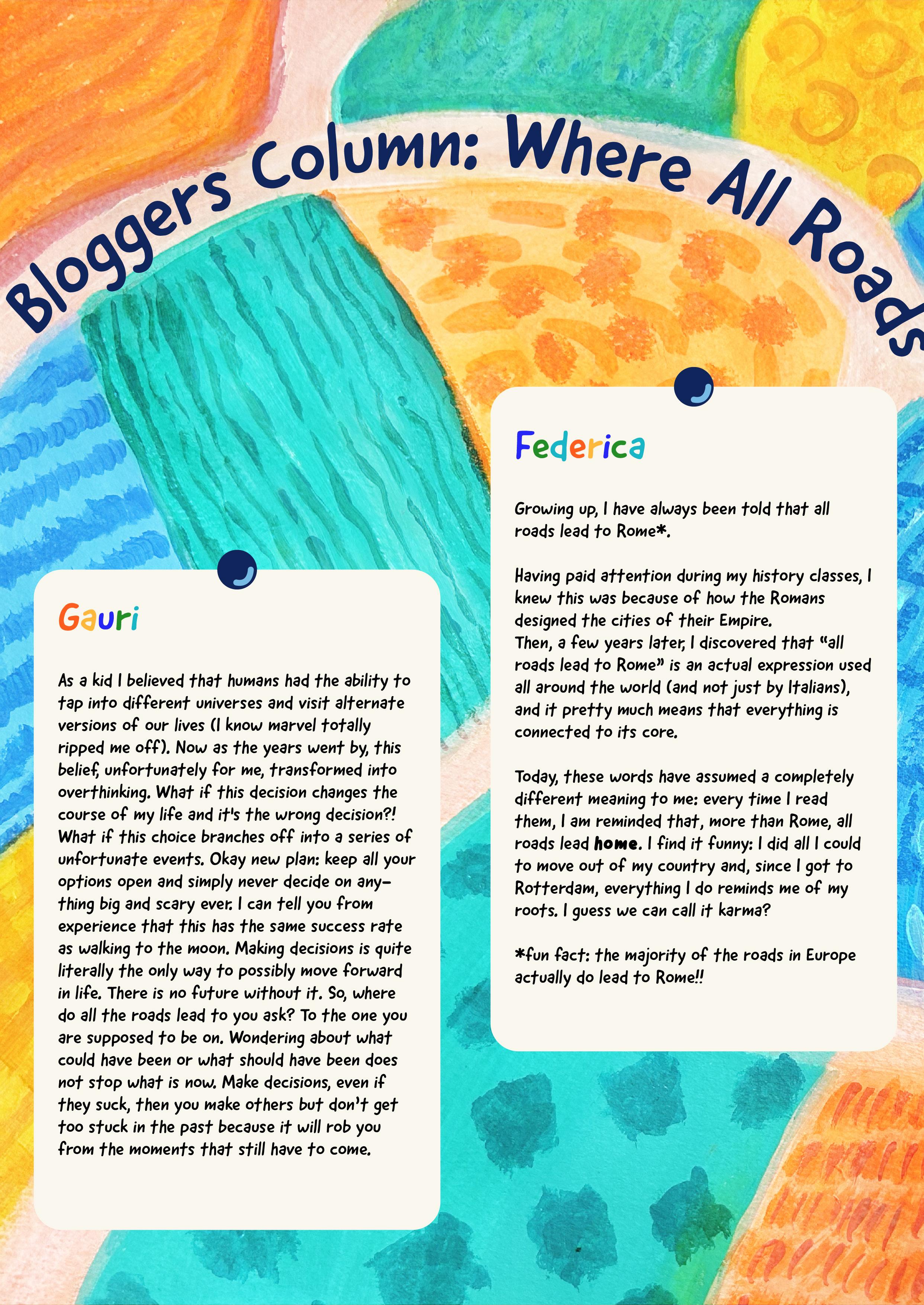
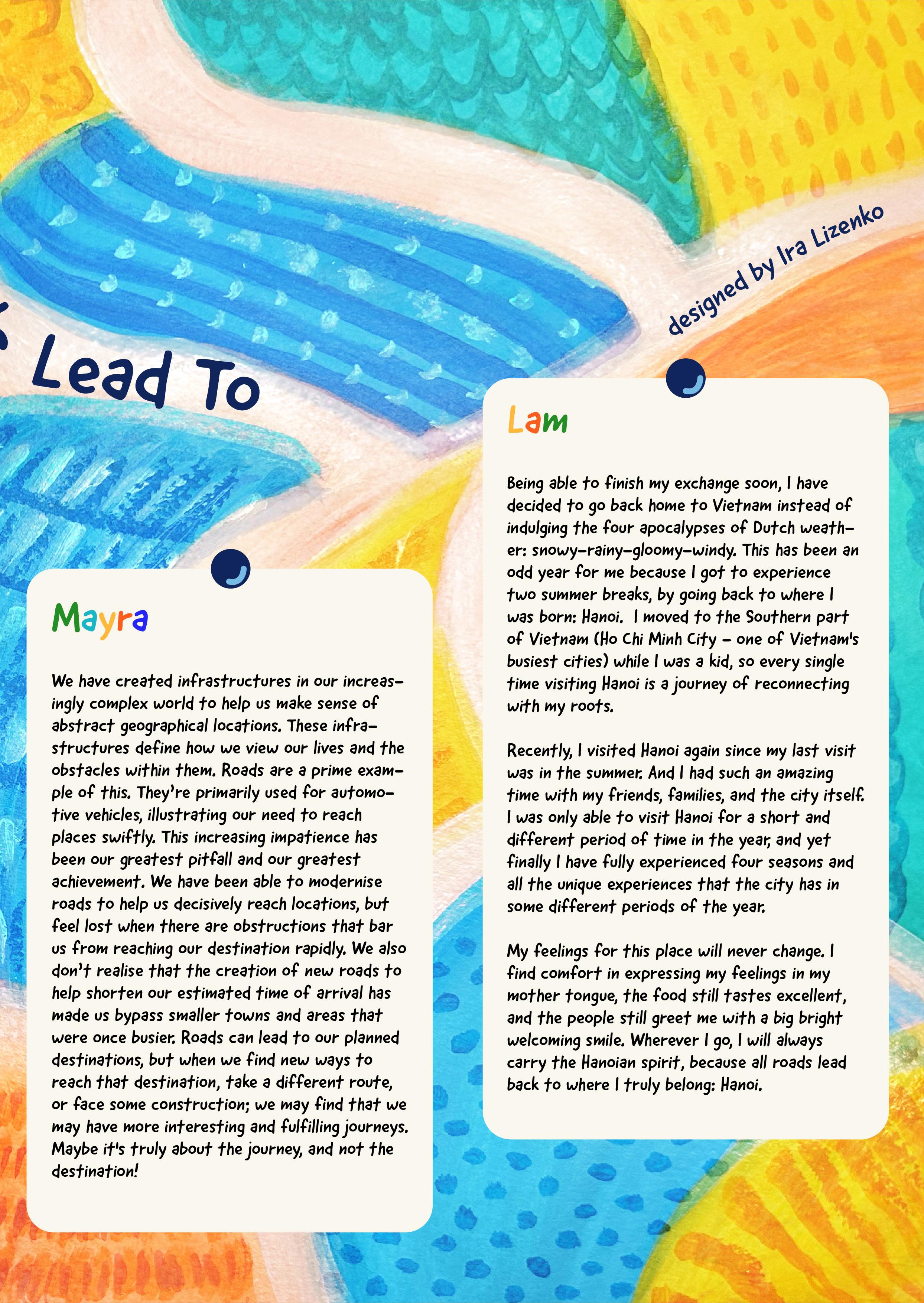
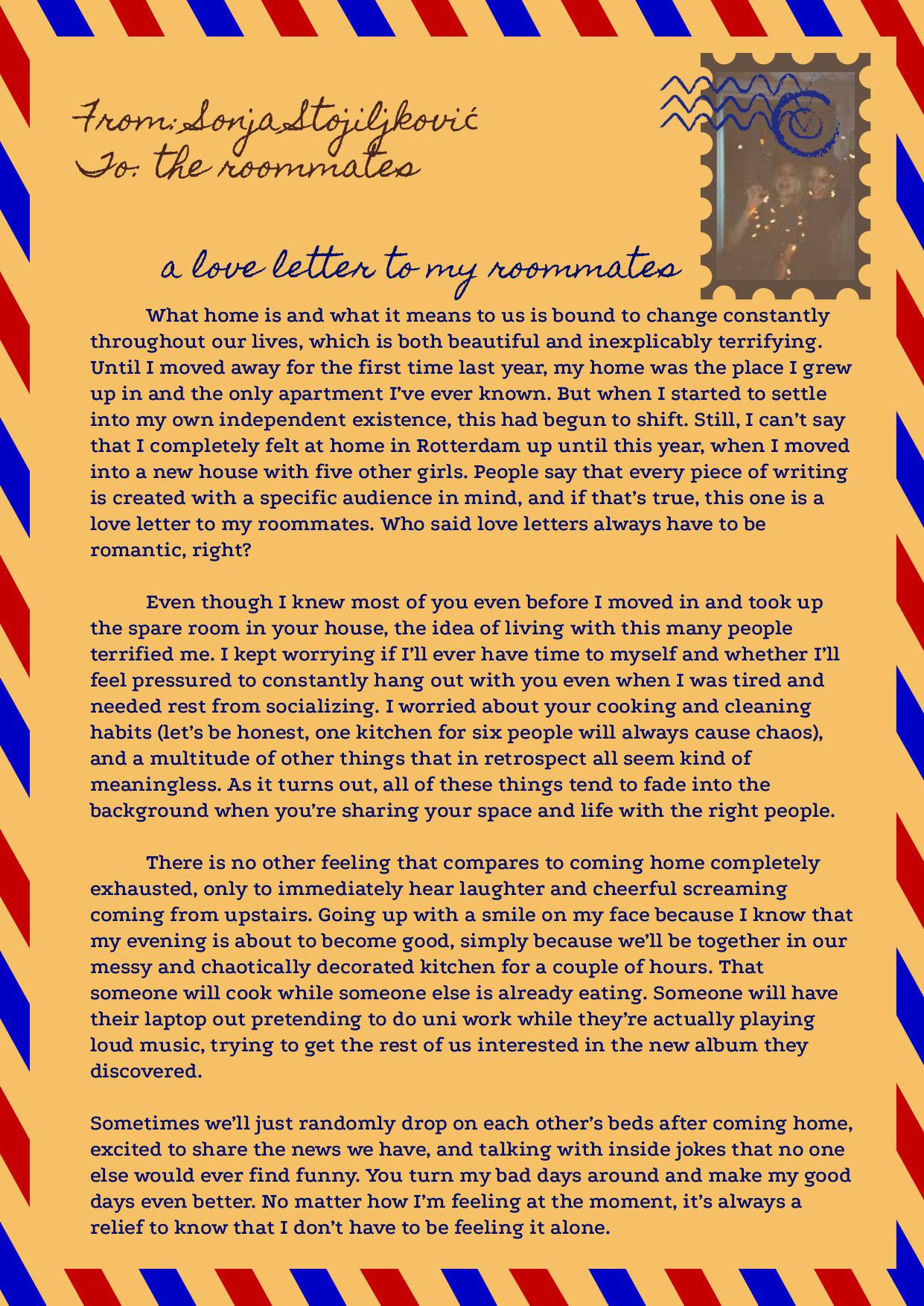
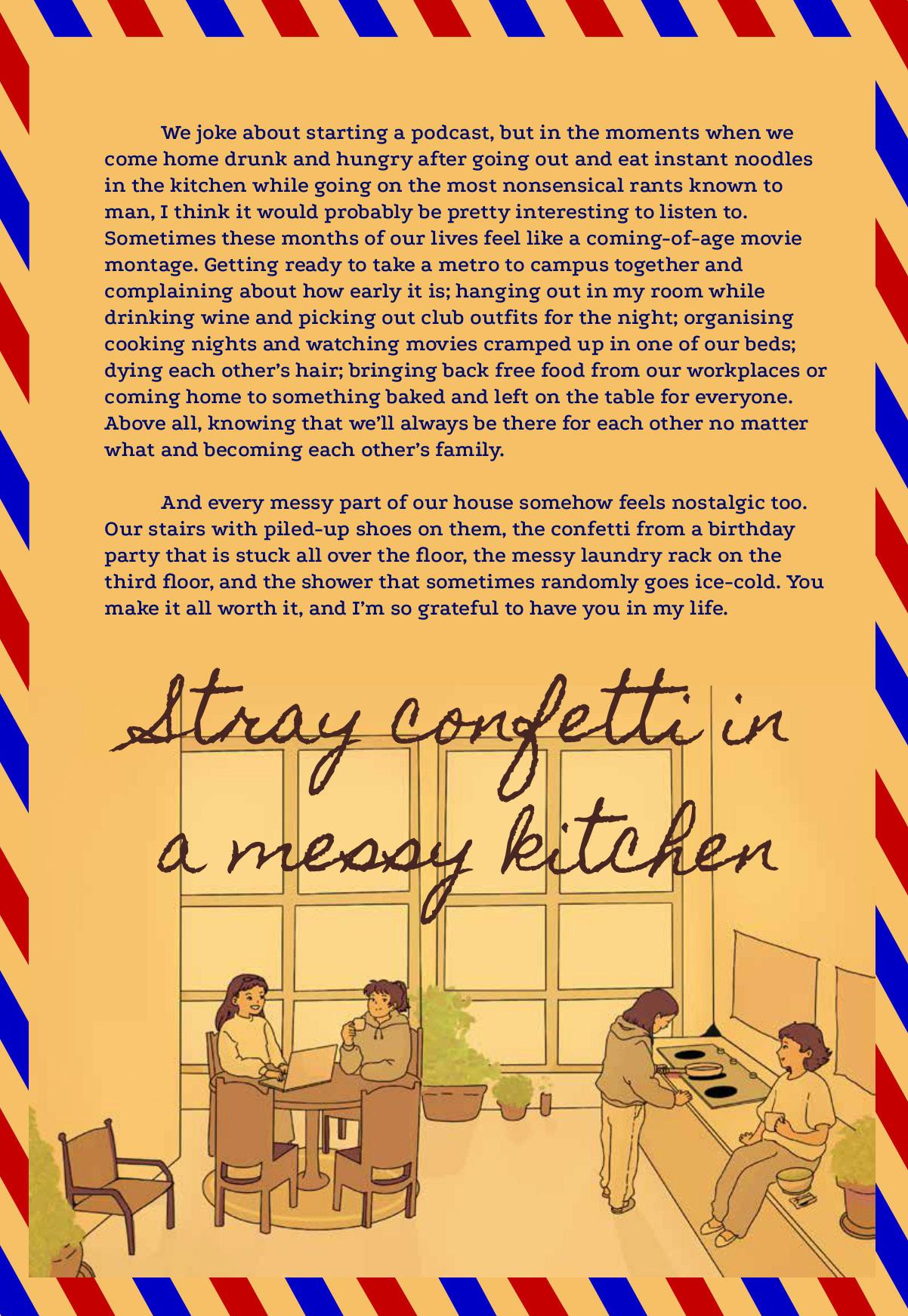 Illustrated by Isabella Restrepo Vargas
Photography by Melis Zavlak Designed by Grace Nguyen
Illustrated by Isabella Restrepo Vargas
Photography by Melis Zavlak Designed by Grace Nguyen
Sometimes I don’t survive during the walks And I get lost in labyrinths of introspection That bumpy ride
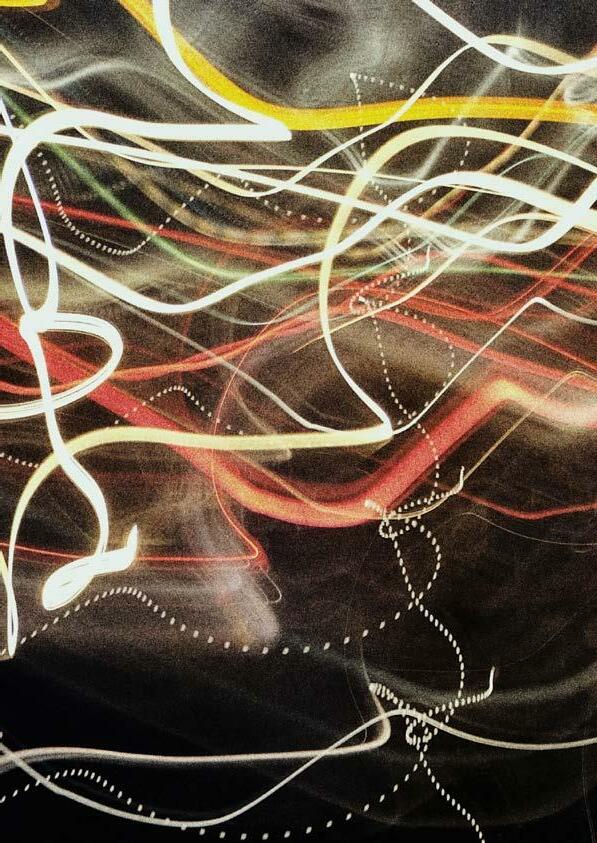
With the usual fluorescent light That won’t stop lighting the roads. Because the truth about losing yourself Isn’t losing the light. But that the light is meaningless, Clearing up certain dead ends Why would you need a light at the end?
I can find the way out of here Out to a rock song, to an ocean, To dusty roads of relationships, To polished roads of disappointment. To something unambiguous. But then perhaps
The deeper meaning is within it. Within the proper questions
Of not what music I desire
But why I do.
Of not how I am feeling
But why I am feeling it. Then perhaps
The proper thing is
To ask more questions during it
To insist on knowing the meaning
And not strive for the result. Because what would you need the result for? Egoistic interpretations.
truth is,
if you feel lost
If you wonder whether You’re surviving these walks
The way you should be
If you’re trying to understand the purpose Of each and every road, That’s the natural state, That you should be grateful for, being lost.
truth is,
You don’t need a light to bring you somewhere
When you’re everywhere. You can try to think it’s meaningless –It still exists.
You can try to turn it off –There’s still a light in you. For whenever you’re ready.
Take your time
We’re not here for the results
These perfunctory ends

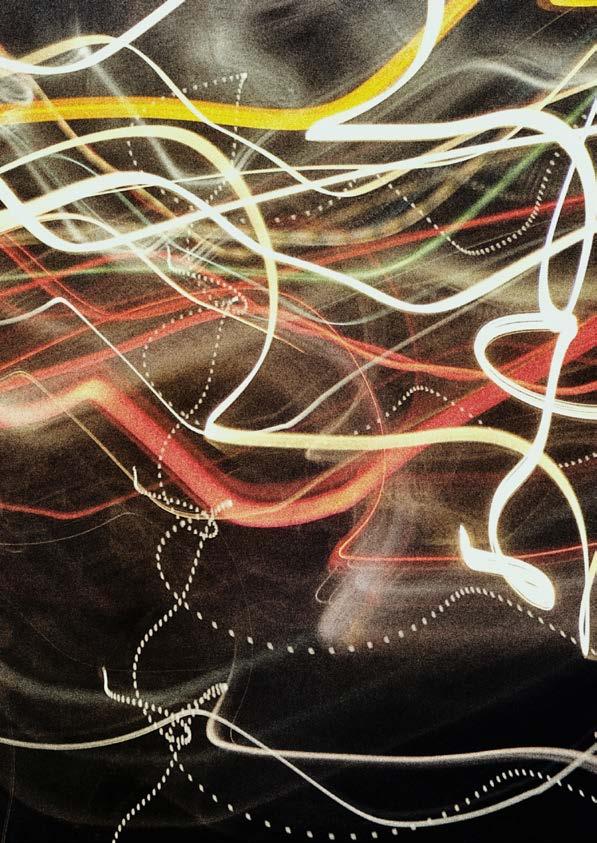
These pressuring meaningless ends which are for the people who are not paying enough attention. The others,
We are here for the enduring roads.
Is growing up the end of the journey or is it just another milestone that deserves everyone’s attention?

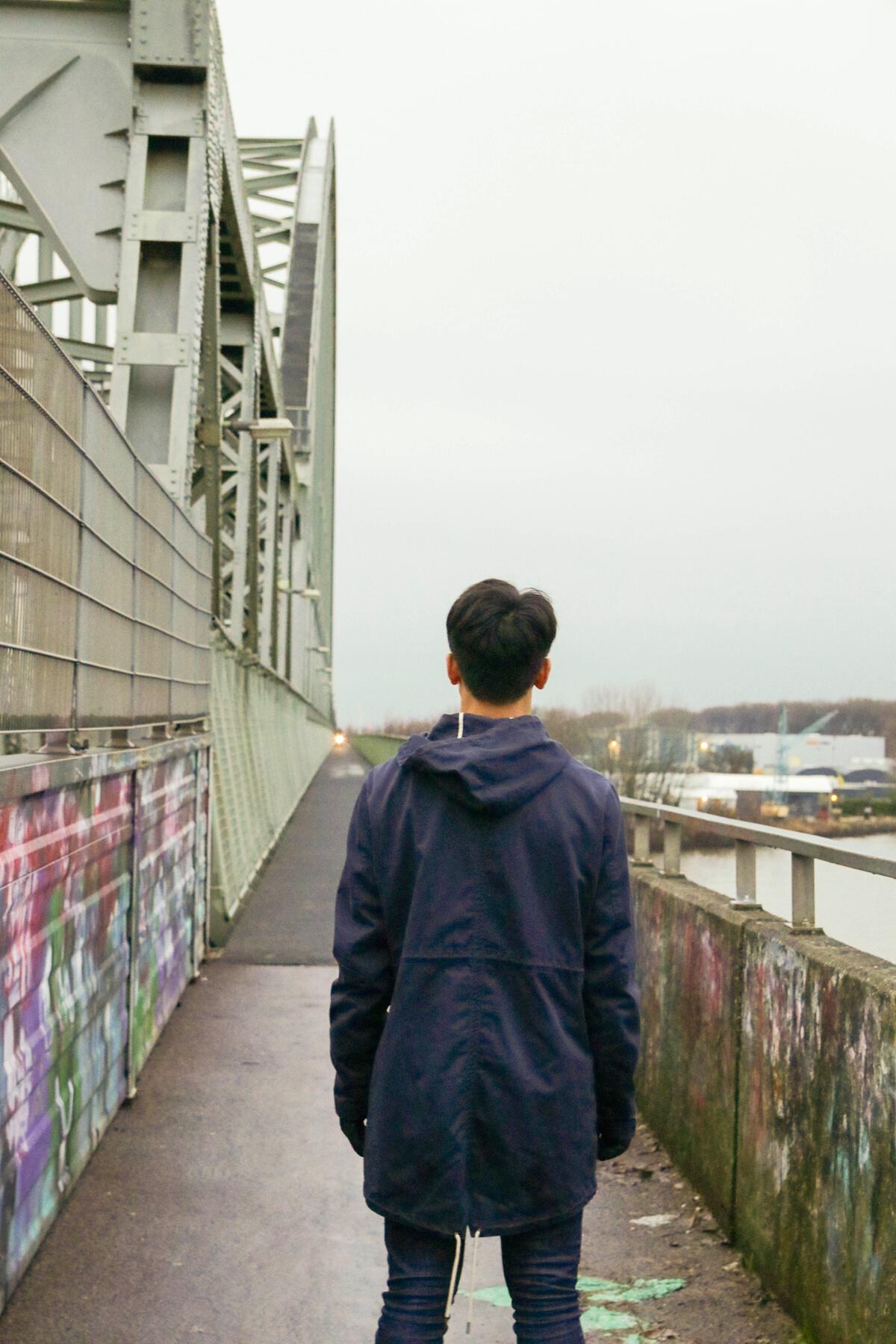
In such an exemplary fashion, we expect to learn lessons from growing up, and once we do we are ready to take on the world. In the 20s club, there is no more space to be childish, and on the contrary, it’s okay to fuck up because you’re still young. The inner dispersion of having all the time ahead of you and finding what you want to do, how you want to live, and all the ways you can achieve happiness.
The 20s of your life are such a fascinating time, and if I were to argue that those were the most critical years of your life, I would just be making the same argument everyone has. Certainly, one does not wake up one morning with all the ways to make their life better. However, let me propose an idea that may reside in your head for the full length of this article, and afterward, it will just buzz away and make space for something unarguably better to ponder over.
Imagine this.

Your parents taught you how important it is to find what you want to do, and how to achieve it with proper education. You have learned how to be a proper partner and which financial decisions are better than others. However, what happens when the times change, when societal norms start shifting ever so lightly, and when the values of the previous generation aren’t as beneficial as they used to be? Maybe our generation will be different, and maybe the previous generation thought so too but in the end, aren’t you going to teach the same lessons to your kids you were once taught anyways?
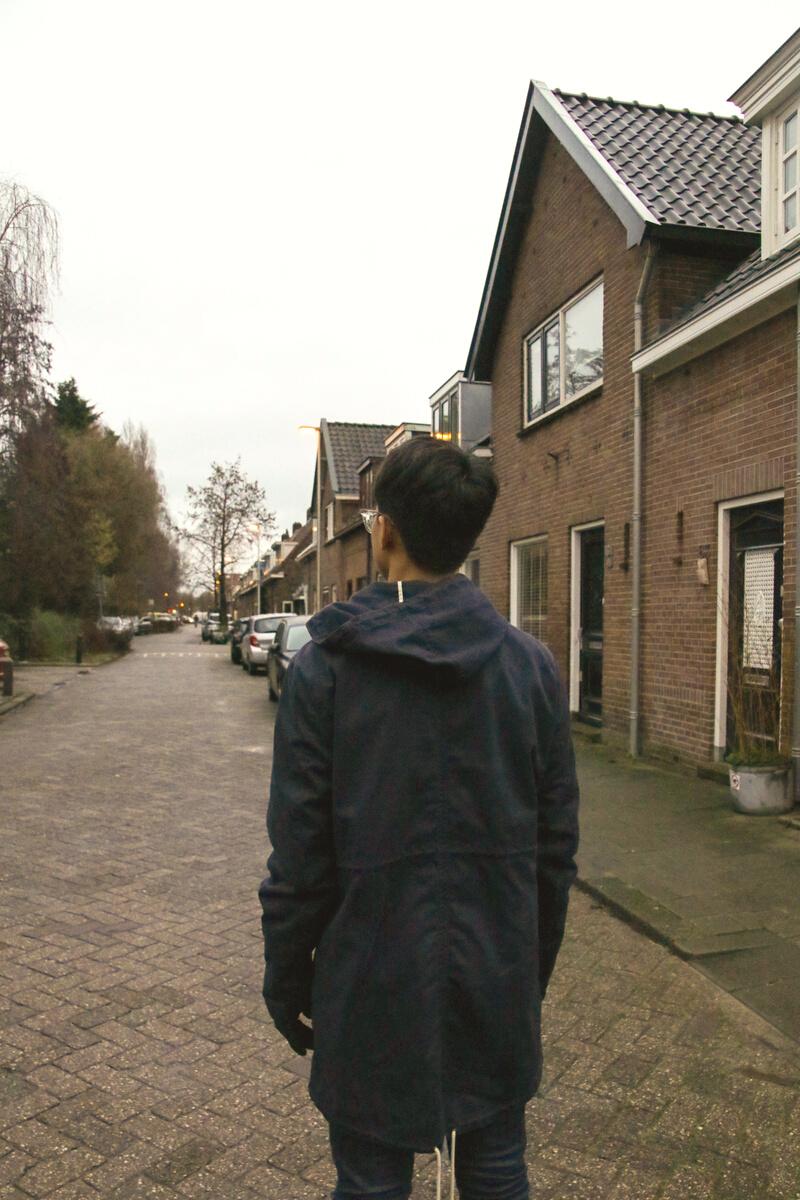
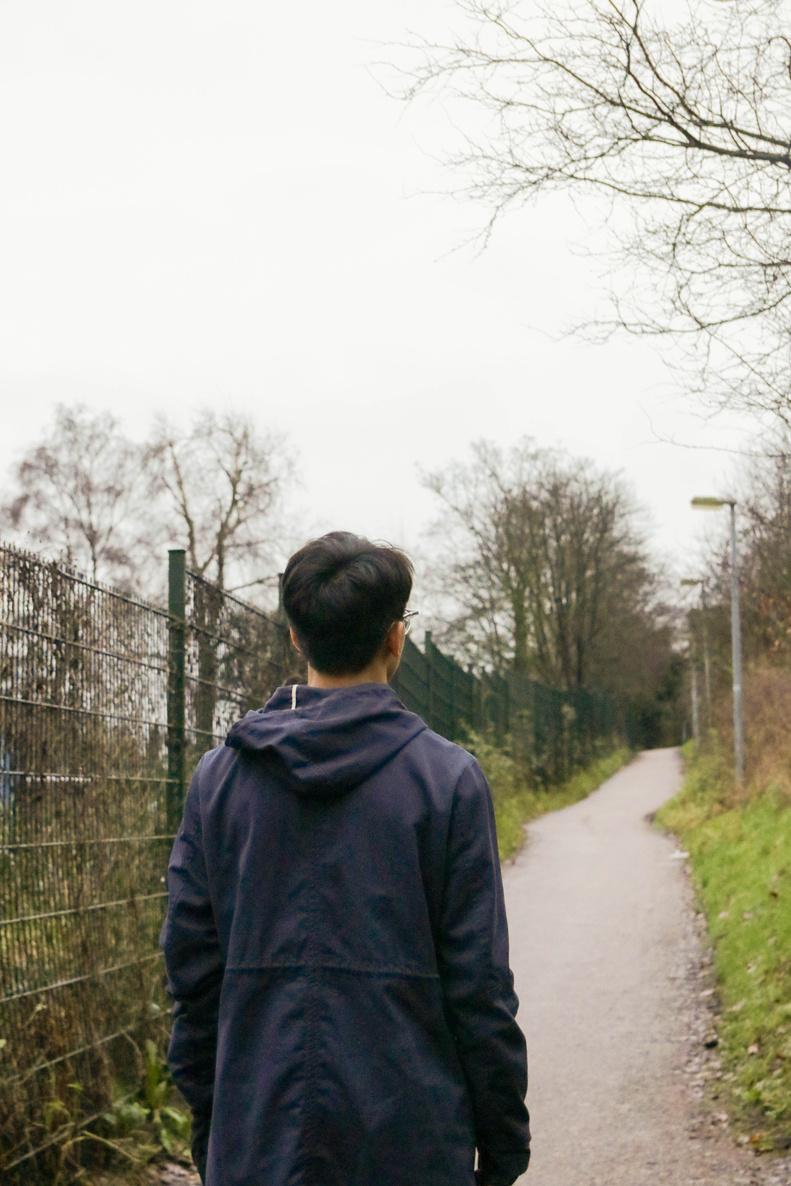
Today, a man in his 50s has decided that he has nothing more to absorb, that he has met everyone, seen everything, and learned all his lessons. This is a very logical conclusion as in society, it used to be common for each person to have one job or the entirety of their career and live in one place for most of their life. So, it is reasonable to suspect that you have made to suspect that you have made the most of what you have – met all the people you .....
could and been to everywhere your financial and personal situation could afford. However, if the only constant is change and everything will inevitably change, aren’t we going to fall behind from the shift in our societal views as our technological horizon keeps expanding? I don’t want to give all the credit to technology or draw your attention to it since this is not the main focus of this argument.
Let’s turn the point back to ourselves for a minute.
Should we argue the same about ourselves when we turn 50? Should we have achieved all our happiness and made all the mistakes by the end of our 20s? If I were to write a book about your life, I wouldn’t write “and they lived happily ever after” after you turn 30, so why should anyone stop trying when they haven’t reached the happily ever after yet? In your 30s or 40s, you don’t need to claim you know everything and have experienced the harsh pains in life, that would minimize the effort you’re putting in now.
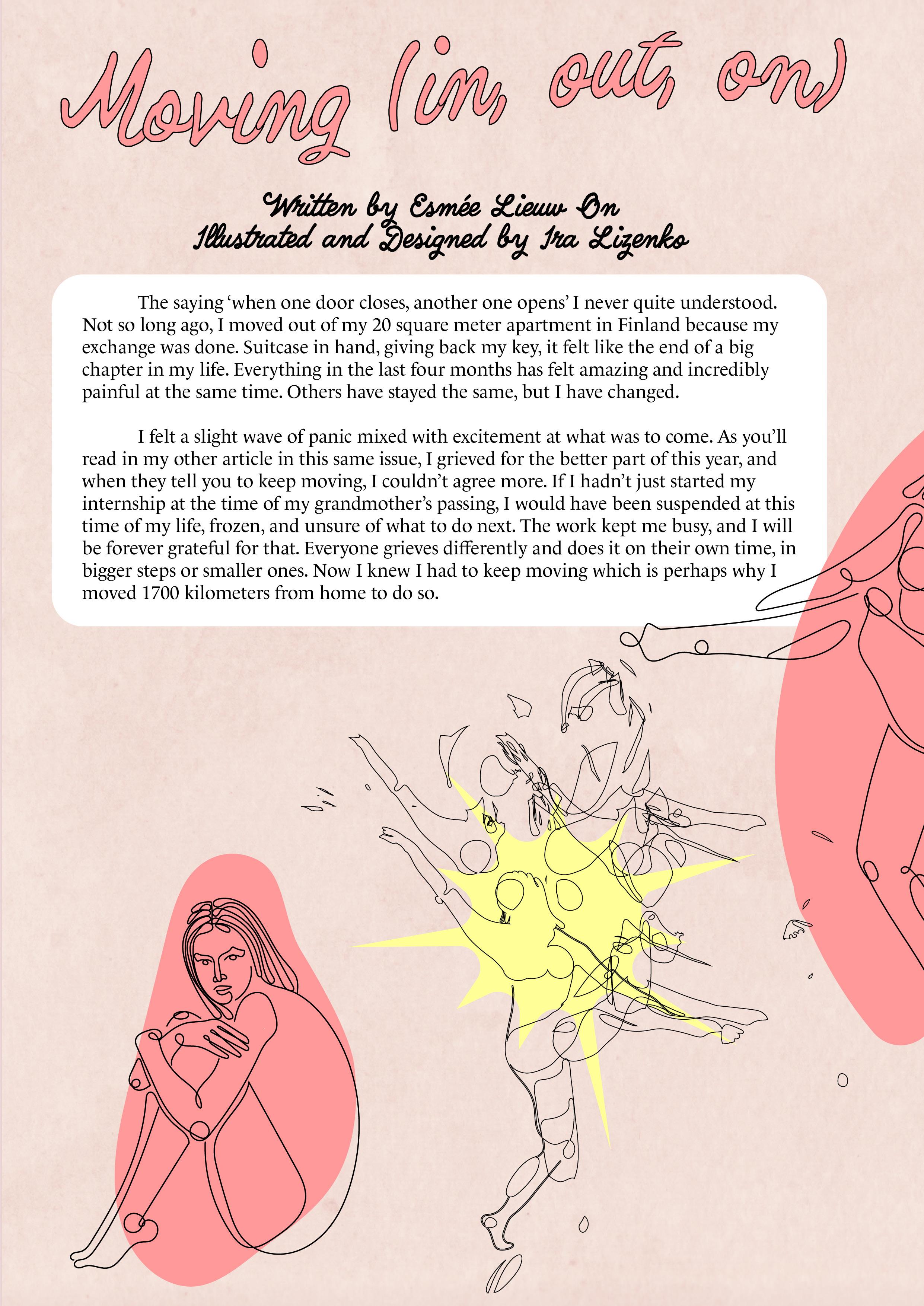
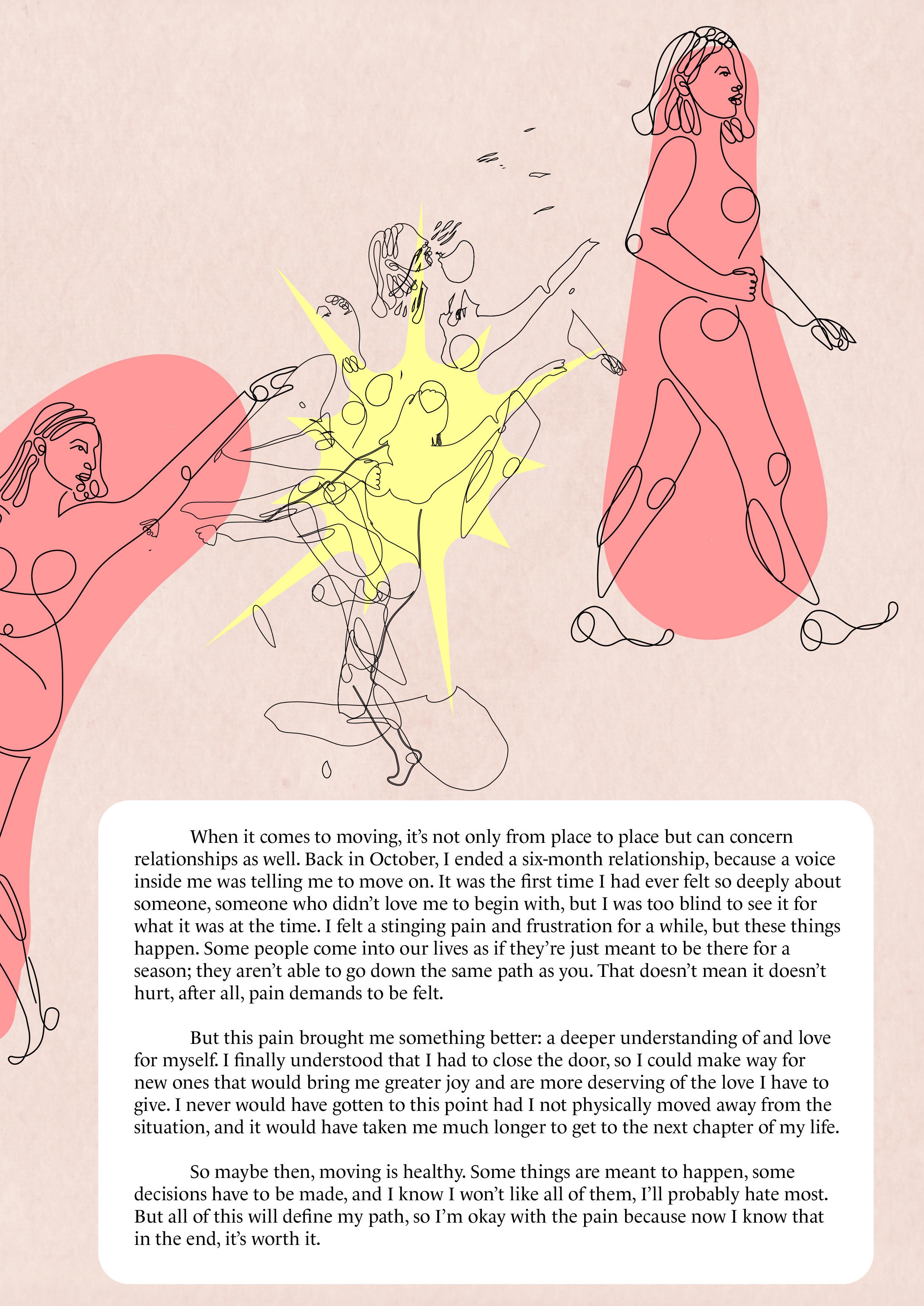
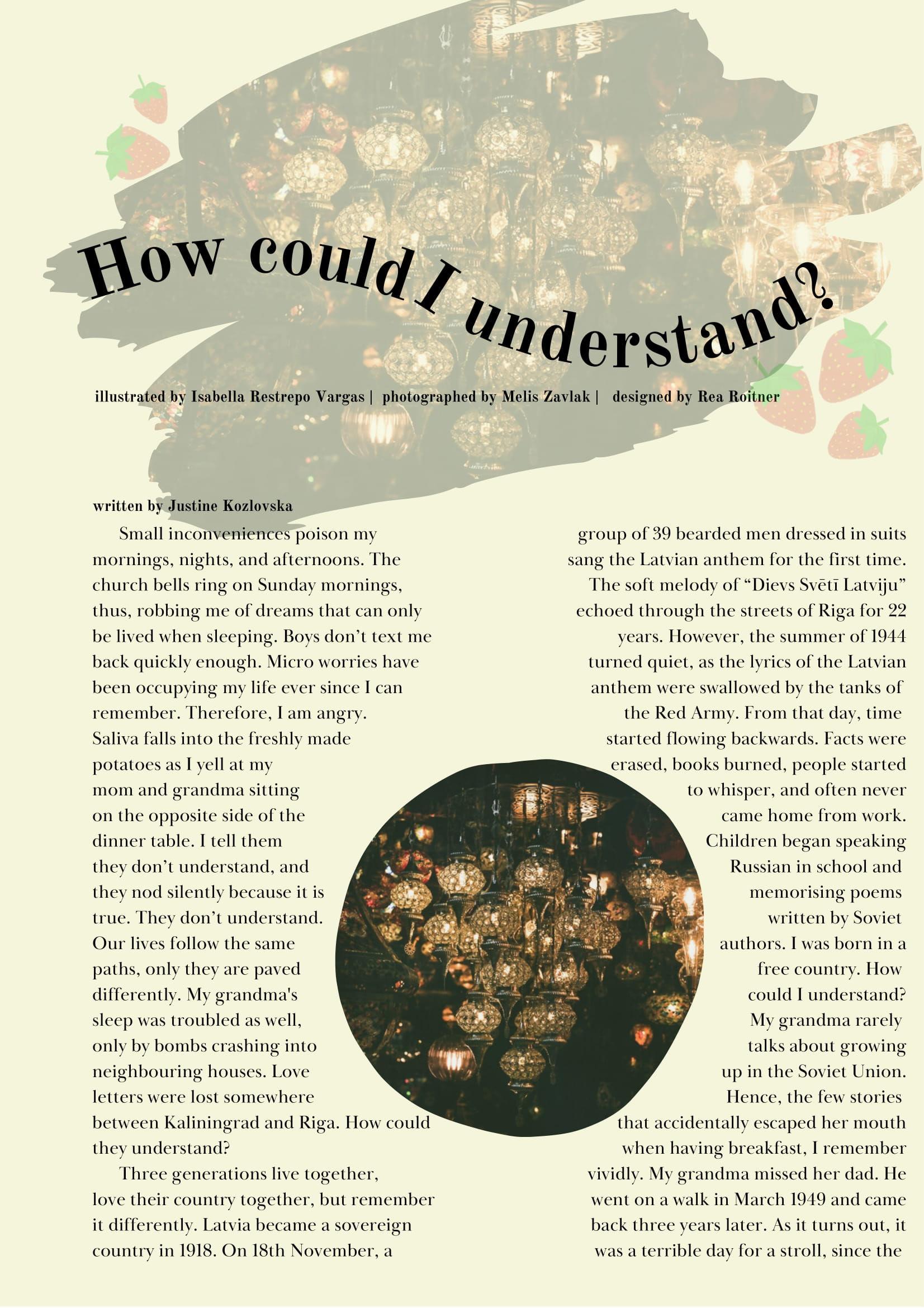
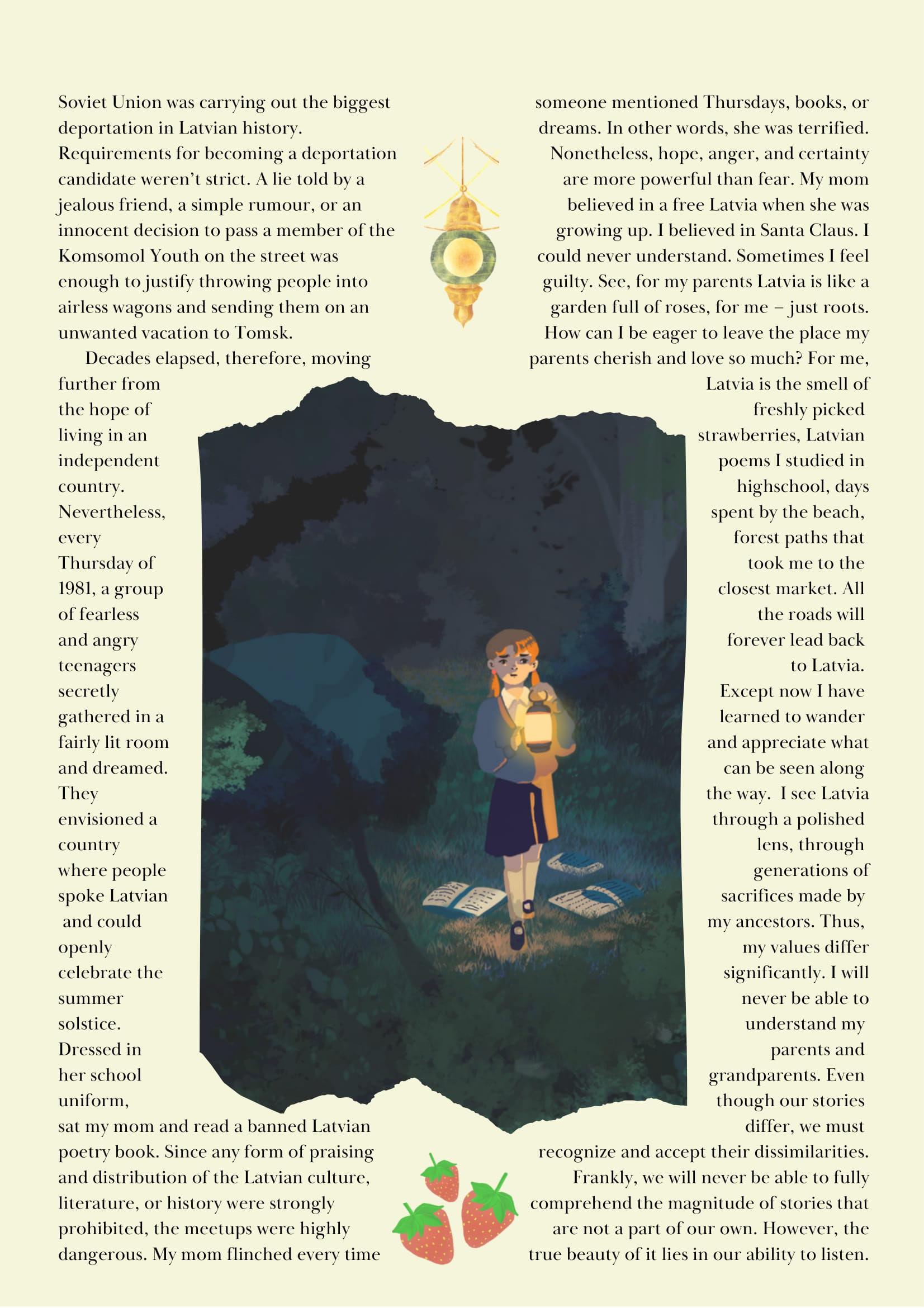
As a study, political geography focuses on the relationship between space and institutions, power structures, and political processes. Then, combined with urbanism and postmodernism, this discipline creates the discourse of social and political space in cities, in the context of which were created the works of Edward Soja.
A self-described urbanist, Soja’s most famous work Thirdspace presents a peculiar idea of three urban spaces: Firstspace, Secondspace, and (you guessed it) Thirdspace. Through them, he examines the urban structure of cities and its social influence. According to the theory, Firstspace is a physical environment, the landscape of cities that can be put on a map and “seen”. Then Secondspace is the concept of a place, the marketing of its purpose and rules; unlike Firstspace, it deals with the realm of ideas and representations of reality people have collectively created. By introducing the latter, Soja argues that the way people view space is not completely objective but rather socially constructed through power and knowledge. Then, if Firstspace is physical and Secondspace is mental, Thirdspace is the conflict of people’s perceptions of spaces. While cities were constructed with specific purposes, the way people use their infrastructures is personal and depends on one’s identity, social background, political views, etc. As Soja states “[Thirdspace] is a place of critical exchange where the geographical imagination can be expanded to encompass a multiplicity of perspectives … It is a space where issues of race, class, and gender can be addressed

simultaneously without privileging one over the other”. University could be a good case for understanding Soja’s theory. The campus, its buildings and physical attributes would all be considered a Firstspace. The idea of an “educational institution” with the purposes of “sharing knowledge and completing research” - Secondplace. However for some, university would be a place where they go to study, while for others it would be a job; some would see universities as a chance to learn new information, and others as a waste of time. These notions are what make a Thirdspace.

Essentially, Soja’s central argument is that viewing cities and their institutions through the perspective of a Thirdplace gives urbanists’ an approach to view the infrastructure and architecture more critically. However, this discourse can be insightful to pretty much anyone who doesn’t live in a secluded cabin in the woods.
Thirdspace gives a different perspective on the world around individuals. Being an international student allows us to experience life outside of our hometowns. So the feeling of returning to your hometown and sensing that something has changed even if the city itself stayed the same might be familiar to a lot of readers and could be perfectly explained by this theory. Even as Firstplace and Secondplace stay the same, Thirdspace changes with one’s perspective. Acknowledging that validates an individual’s perception of place and creates an infinite universe of spatialities, objects, and subjects’ relation to each other.
Which means that feeling out of place even in a familiar environment is not only natural, but also should be expected. While scary, change is what makes our lives existing, hiding wonder in the unexpected if we open our minds to it.
designed by monique van daalen



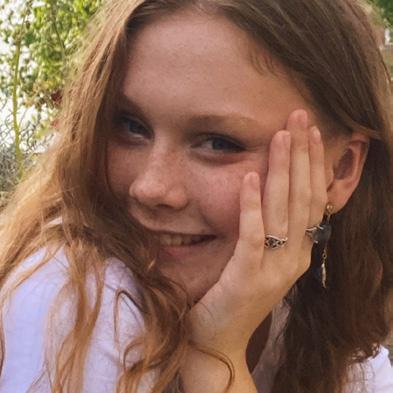
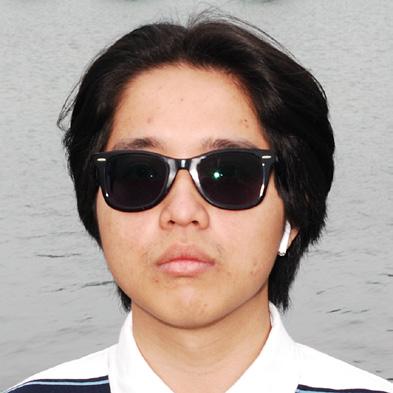
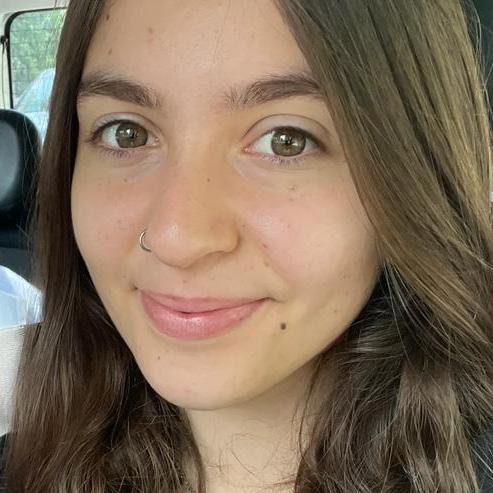

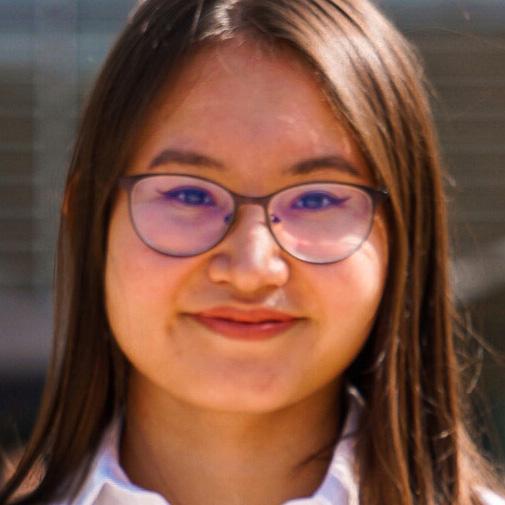
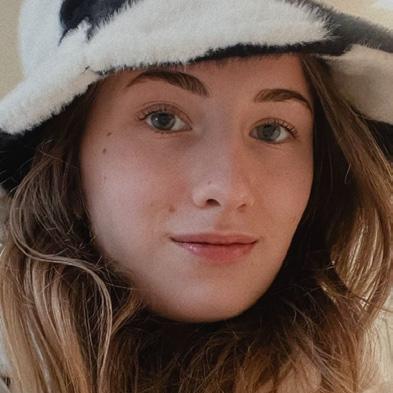
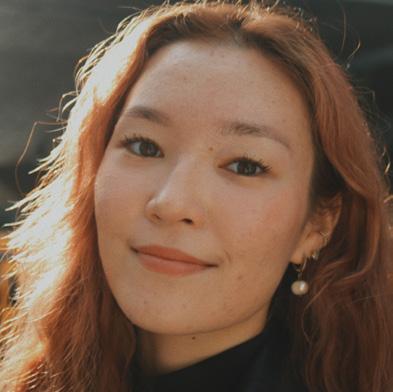

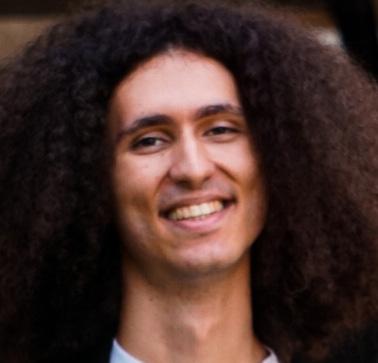
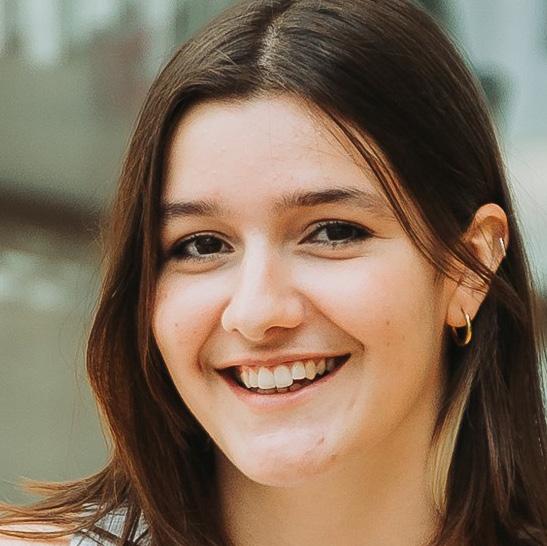
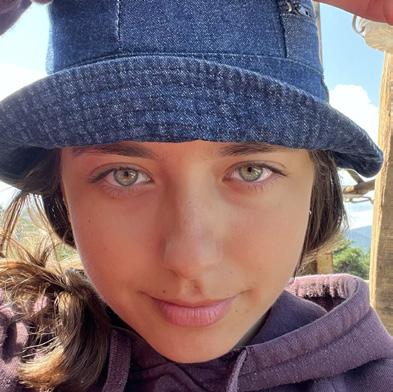

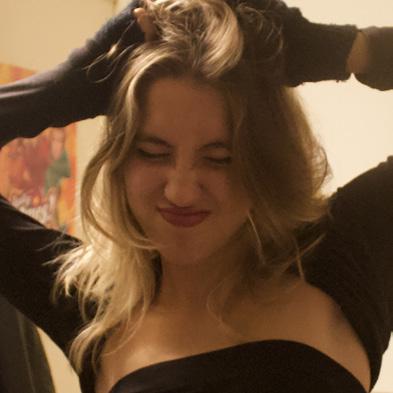
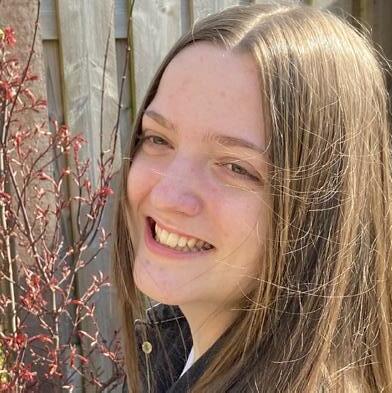
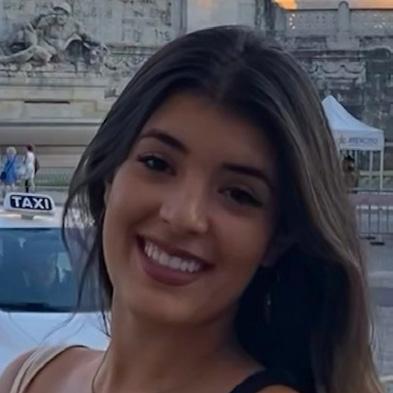
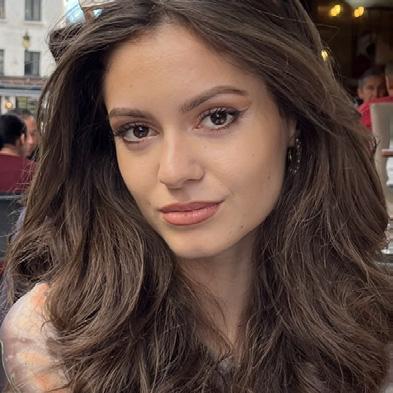
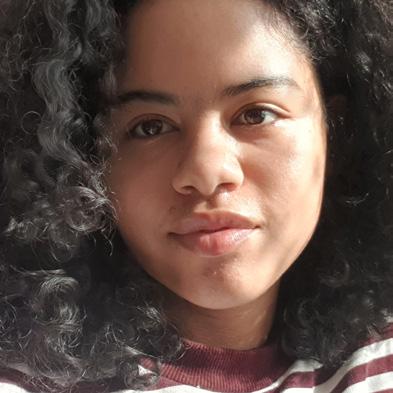

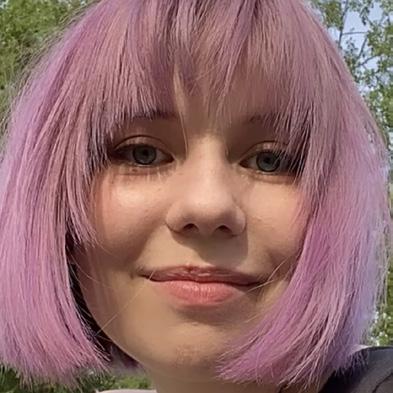
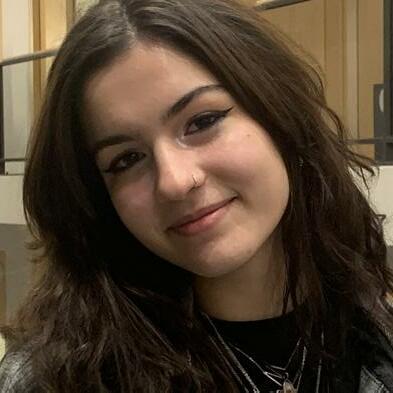

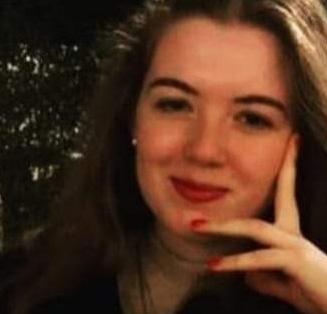

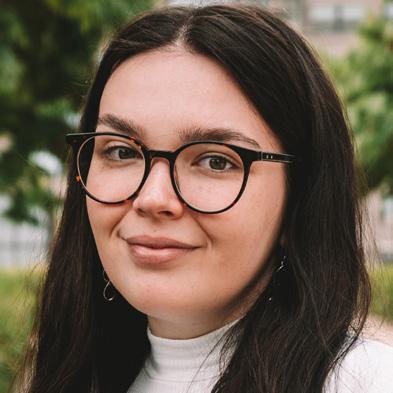
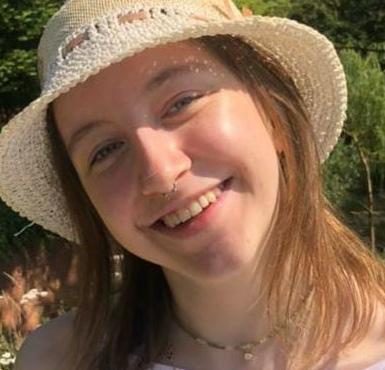
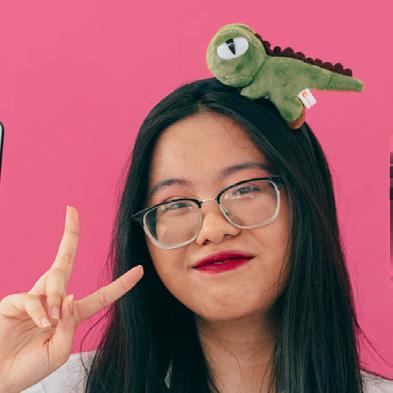

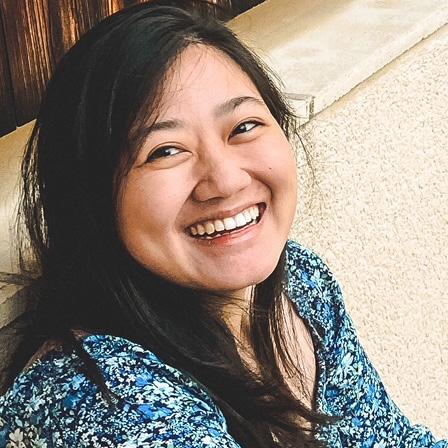
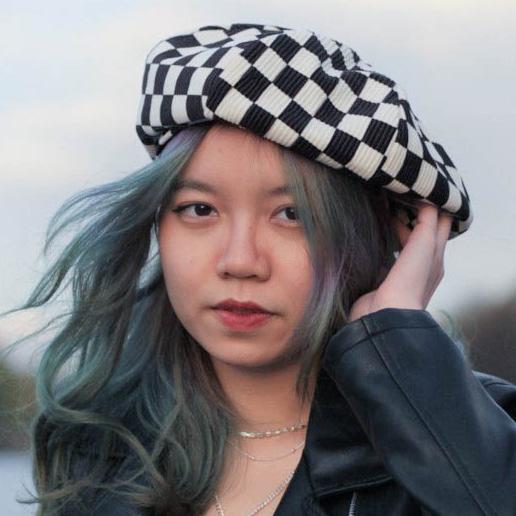
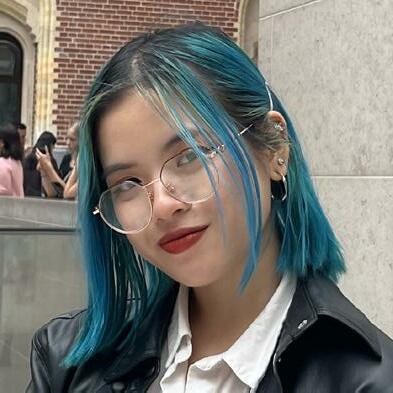
ISSUE TWO 2022/2023

